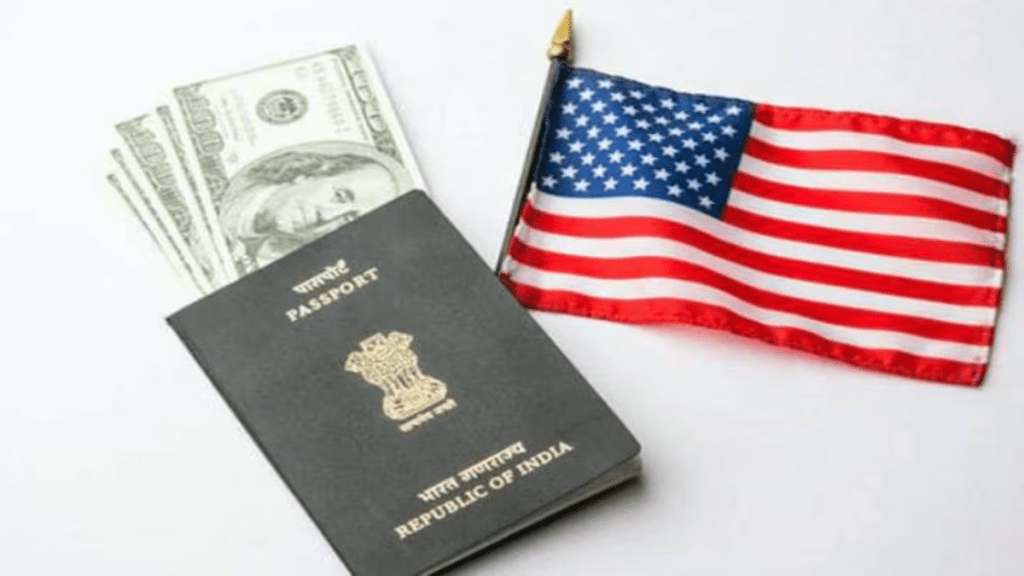In a sweeping immigration crackdown, the Trump administration has revoked visas of more than 300 international students and detained dozens across college campuses in the United States. Videos of arrests—some showing plain-clothes ICE officers detaining students near homes—have gone viral, sparking fear among student communities and sharp criticism from civil rights groups.
Why are student visas being revoked?
The U.S. State Department, led by Secretary Marco Rubio, has cited national security concerns as the reason for the revocations. Rubio stated the action targeted individuals involved in activities “that run counter to U.S. national interests.” Many affected students had taken part in pro-Palestinian protests, while others had minor legal issues, including traffic violations or misdemeanors. Immigration lawyers argue that student visas are being revoked without prior notice, explanation, or the chance to appeal—a practice critics call legally and ethically questionable.
What universities have been affected?
According to a tracker maintained by Inside Higher Ed, over 80 universities across the U.S. have reported visa revocations. These include prestigious Ivy League institutions such as Harvard, Yale, Columbia, and Stanford, as well as large public universities like the University of Florida, Texas A&M, and the University of California system. At Arizona State University, at least eight student visas have been cancelled, while UC campuses have reported at least 57 cases.
Alongside revocations, multiple students and even legal residents have been detained and sent to immigration detention centers. A high-profile case involves Mahmoud Khalil, a recent Columbia graduate and legal permanent resident, who was arrested in his university housing. Another incident involved Turkish student Rumeysa Ozturk of Tufts University, who was detained by six ICE agents en route to a Ramadan celebration. Rights groups have expressed concern about arrests being conducted without warrants or due process, often in plain clothes and unmarked vehicles.
Several affected students have filed lawsuits, claiming the government acted unlawfully by revoking visas and detaining individuals without justification. Xiaotian Liu, a Chinese doctoral student at Dartmouth College, is challenging the administration alongside the ACLU of New Hampshire. His case argues that he was not involved in any protest and had committed no crimes. The lawsuits accuse the administration of violating constitutional rights, particularly freedom of speech and protection from unlawful detention.
With more than 1.1 million international students in the U.S., the developments have created a chilling effect across campuses, raising urgent questions about civil libe

